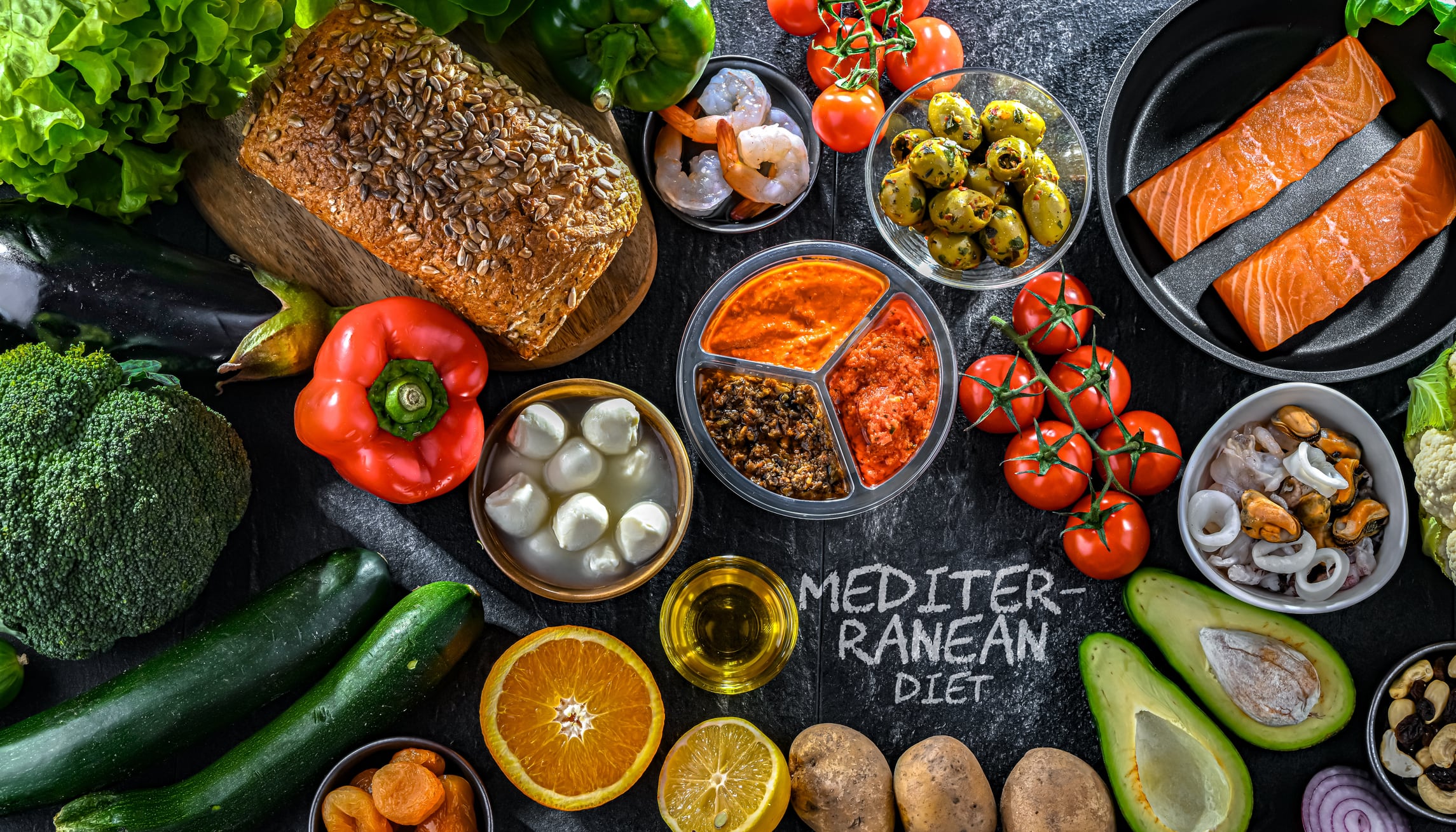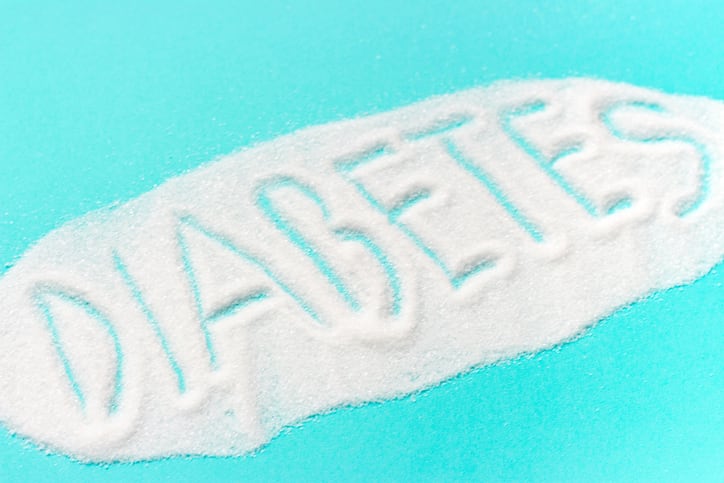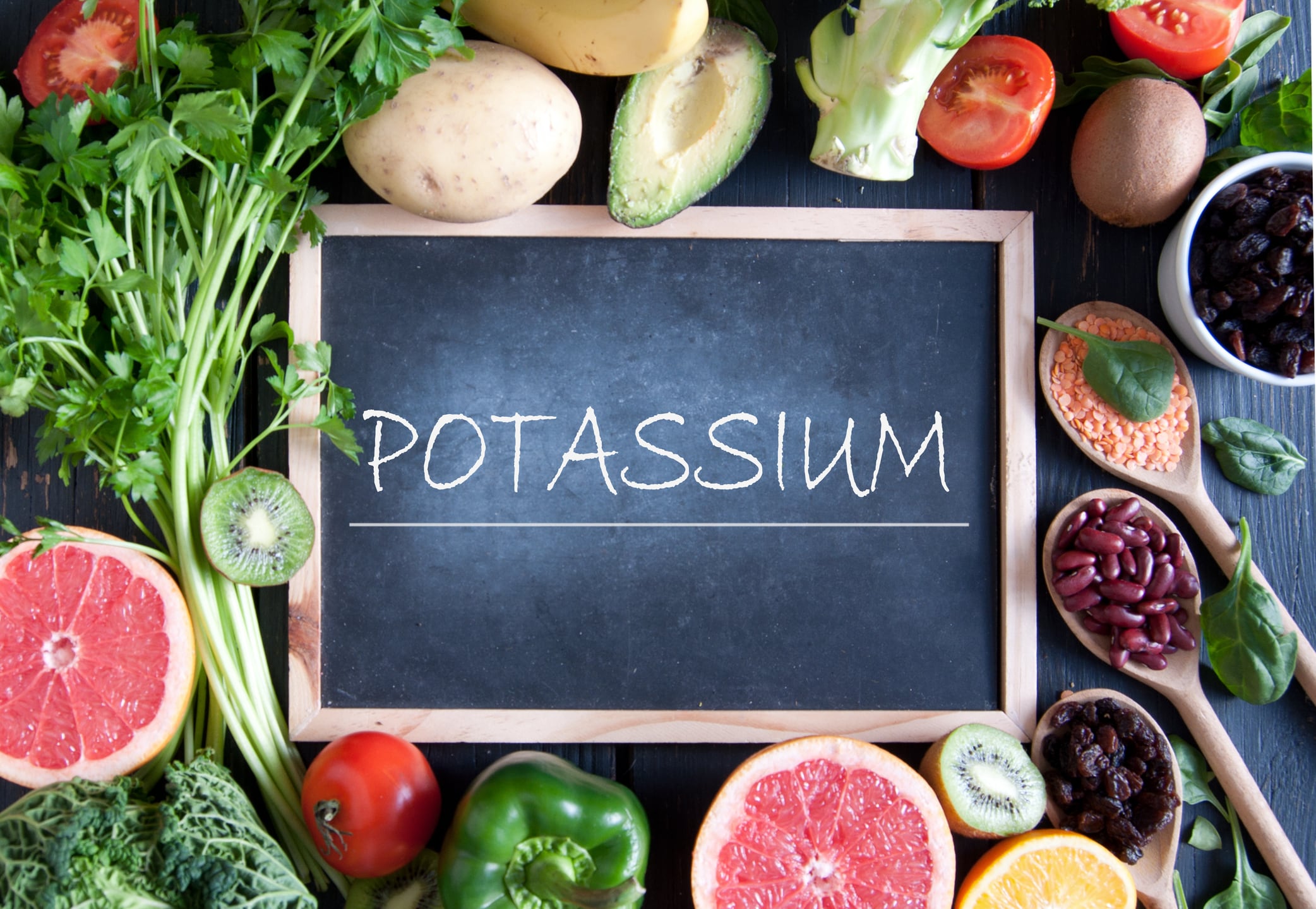The research also found that individuals suffering from hypertension had significantly lower intake of these vitamins as compared to those that do not have hypertension.
The researchers have therefore urged clinicians to consider nutritional status as a vital component of hypertension management.
“The insufficient dietary intake of essential vitamins, particularly B6, B9, B12, E, and K, suggests that nutritional deficiencies may exacerbate HPT (hypertension) and its related complications...
“Vitamins play an important role in regulating BP (blood pressure) through mechanisms such as diuretics, SNS (sympathetic nervous system) and vascular modulation, and calcium channel blockers (CCB).
“Therefore, an adequate and balanced intake of vitamins is crucial for controlling BP and reducing risk of HPT,” said the researchers from Universiti Kebangsaan Malaysia, Universiti Teknologi MARA, and IMU University.
The study
The cross-sectional study looked at data collected from 10,031 individuals who participated in the Prospective Urban and Rural Epidemiology (PURE) study.
The PURE study is a wider study involving 27 countries to investigate the incidence, mortality and risk factors associated with non-communicable diseases among individuals living in urban and rural communities.
For the current cross-sectional study focusing on the Malaysian population, the participants’ demographic, personal and family medical history data were extracted from the PURE questionnaire, while their usual dietary intake was assessed using a validated food frequency questionnaire (FFQ).
Low B vitamin intake across the board
Findings showed that the overall dietary intake of these 10,031 participants were adequate for vitamin A and C, but not for vitamins B6, B9, B12, E, and K, when compared to the reference nutrient intake (RNI).
Among the study participants, their median vitamin A intake was 1164.0 µg/day, approximately double the RNI (600 µg/day).
Similarly, their median vitamin C intake was 109.3 mg/day, higher than the recommended levels of 70 mg/day.
In contrast, their intake of vitamin B-complex, including B6, B9, and B12, was found to be inadequate, with median intake levels of 0.2 mg/day, 36.7 µg/day, and 1.3 µg/day, respectively.
This is lower than the RNI of 1.3–1.7 mg/day for vitamin B6, 400 µg/day for vitamin B9, and 4.0 µg/day for vitamin B12.
Their dietary intake of vitamin E and K was similarly lower than the RNI at 1.6 mg/day and 18.2 µg/day respectively. The RNI of vitamin E and K for Malaysians is 7.5–10 mg/day and 55–65 µg/day respectively.
Significantly lower B vitamin intake among hypertension sufferers
Out of the 10,031 study participants, about two in five (43.5 per cent) were diagnosed with hypertension.
Hypertension was more prevalent among people aged over 40 years old, residing in rural areas, received low education, were unmarried, overweight or obese, and have a family history of hypertension.
Notably, hypertension sufferers also reported a significantly lower dietary intake of B vitamins, as well as vitamin A and K, as compared to non sufferers.
Their median dietary intake of vitamin B9, for instance, was only 34.2 µg/day - lower than the median of non sufferers’ 38.4 µg/day.
Their median dietary intake of vitamin B12 was 1.2µg/day, also lower than the median of non-sufferers’ 1.5 µg/day.
Similarly, their median vitamin K intake was 15.6µg/day, again lower than that of non-sufferers’ 19.9 µg/day.
Citing existing studies, the researchers said that low levels of vitamin-B complex have been associated with hypertension.
Vitamin B6 deficiency, for instance, can reduce the production of neurotransmitters serotonin and GABA.
The researchers said that this could result in decreased phospholipids in the brain and changes in Ca2+ transport and metabolism, ultimately leading to increased blood pressure.
“Vitamin B6 has also been reported to increase diuretic activity by regulating the SNS, improving glutathione production, and reducing inflammation, thus indirectly lowering BP.
“The potential antihypertensive effect of vitamins B9 and B12 may be due to a reduction in blood homocysteine concentrations through the demethylation of homocysteine to methionine. This can have a positive impact on regulating BP,” said the researchers.
While they acknowledged that this is a cross-sectional study and cannot establish a causal relationship between dietary vitamin intake and hypertension, they said that the study has highlighted significant implications for hypertension management in Malaysia.
“This indicates a critical need for public health initiatives that not only promote nutritional education but also improve access to nutrient-dense foods for the vulnerable population.
“Furthermore, the association between low vitamin intake and HPT emphasises the importance of integrating dietary assessments into routine healthcare for hypertensive patients,” they concluded.
Source: Scientific Reports
Dietary vitamin intake and its association with hypertension (HPT) among Malaysian adults
doi: 10.1038/s41598-025-89749-9.
Authors: Md Isa Z, Ja’afar MH, Ismail R, Mohd Tamil A, Ismail NH, Mat Nasir N, Hoh BP, Ab Razak NH, Zainol Abidin N, Yusof KH





